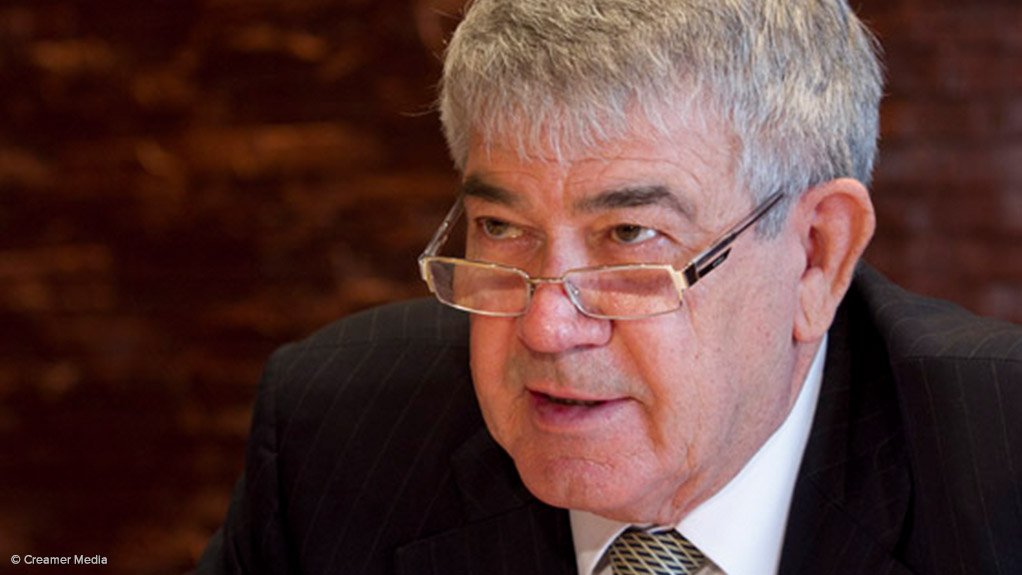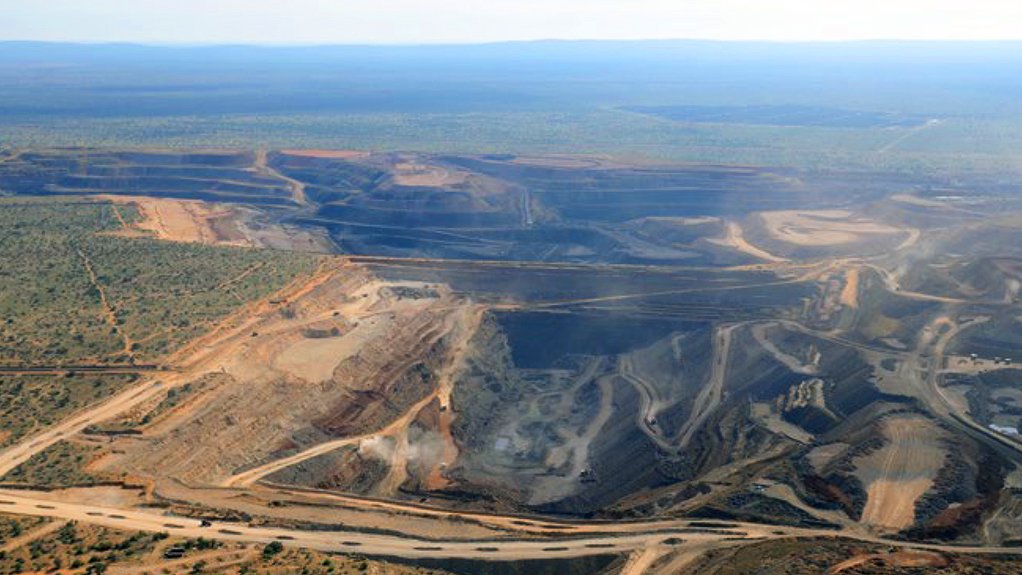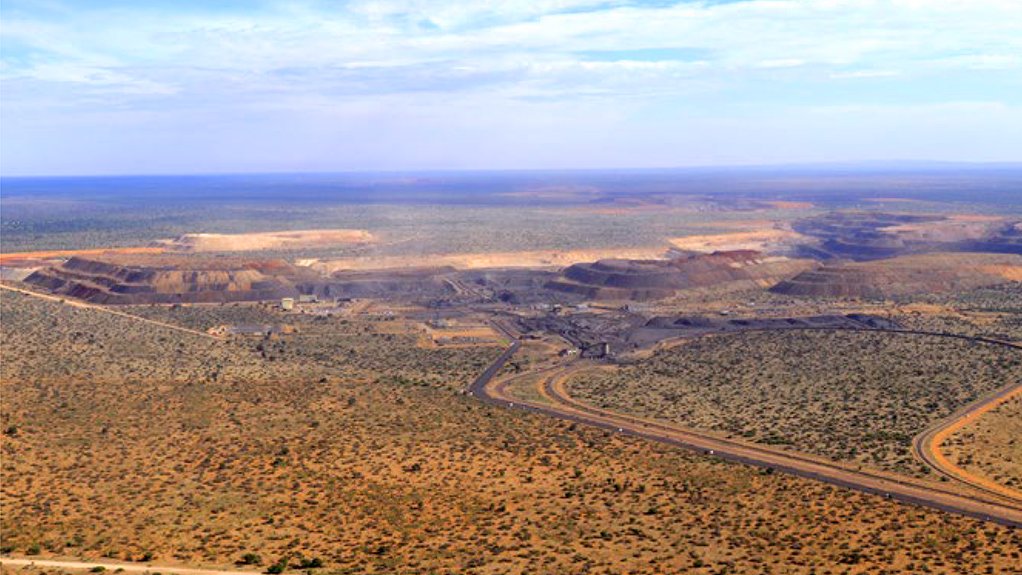JOHANNESBURG (miningweekly.com) – The Tshipi Borwa manganese mine is in a strong position to weather the uncertainties ahead, as the world struggles, probably for years to come, to recover from the devastating economic consequences of the global lockdown, Jupiter Mines nonexecutive chairperson Brian Gilbertson said on Thursday.
In releasing the Sydney-listed company’s 2020 annual report and audited financial statements for the financial year ended February 29, Gilbertson drew attention to the manganese mine’s key strengths in these troubled times as being its scale of operations, low operating costs, lean overhead structure, and ungeared capital structure.
During the year, Tshipi Borwa overcame a number of challenges to produce and export 3.4-million tonnes in line with targets. Its cost of production remained steady, averaging $2.14/dmtu over the year, down from $2.27/dmtu in 2019.
The opencast manganese mine with an integrated ore processing plant is located in the Kalahari manganese fields of South Africa’s Northern Cape province, the world’s largest manganese bearing geological formation.
Tshipi Borwa remains the largest manganese mine in South Africa and one of the five largest globally, with a long-life resource and low operating costs.
Gilbertson said that Tshipi and hence Jupiter also stood to benefit in decades to come from Tshipi’s large mining reserves.
They would also benefit in the shorter term as operations in South Africa returned to full production.
Tshipi Borwa, which moved the highest amount of waste volumes ever in any financial year, in August began mining the barrier pillar with South32, which is ahead of forecast for the year.
Tshipi remained one of the lowest cost manganese producers globally, with the rand cost of production averaging R31.22/dmtu free on board and completed a concept study into a potential mine expansion of up to a production profile of 4.5-million tonnes a year, underpinned solely by existing ore reserves. Work on a comprehensive feasibility study has now commenced.
Jupiter has a 49.9% share in Tshipi é Ntle Manganese Mining Proprietary Limited, which operates Tshipi Borwa, and the Central Yilgarn Iron Project in Australia, which includes the Mount Ida magnetite project and the Mount Mason hematite project.
Jupiter’s final dividend provided shareholders with a total yield of 14.8% and a payout ratio of almost 92%, which was well above the company’s stated 70% dividend payout-ratio policy.
Saki Macozoma, the chairperson of Jupiter’s Tshipi é Ntle Manganese Mining subsidiary, last month announced a donation of R5-million to the Solidarity Fund set up by President Cyril Ramaphosa, in response to the devastating effects of the Covid-19 pandemic.
In its 2020 financial year, Tshipi é Ntle distributed R2.015-billion in dividends. Despite a challenging second half of the financial year, Tshipi é Ntle remained profitable, which again demonstrated the cash generation potential of Tshipi é Ntle, and the lucrative yielding dividend payment ability of Jupiter throughout the cycle.
EMAIL THIS ARTICLE SAVE THIS ARTICLE ARTICLE ENQUIRY
To subscribe email subscriptions@creamermedia.co.za or click here
To advertise email advertising@creamermedia.co.za or click here















